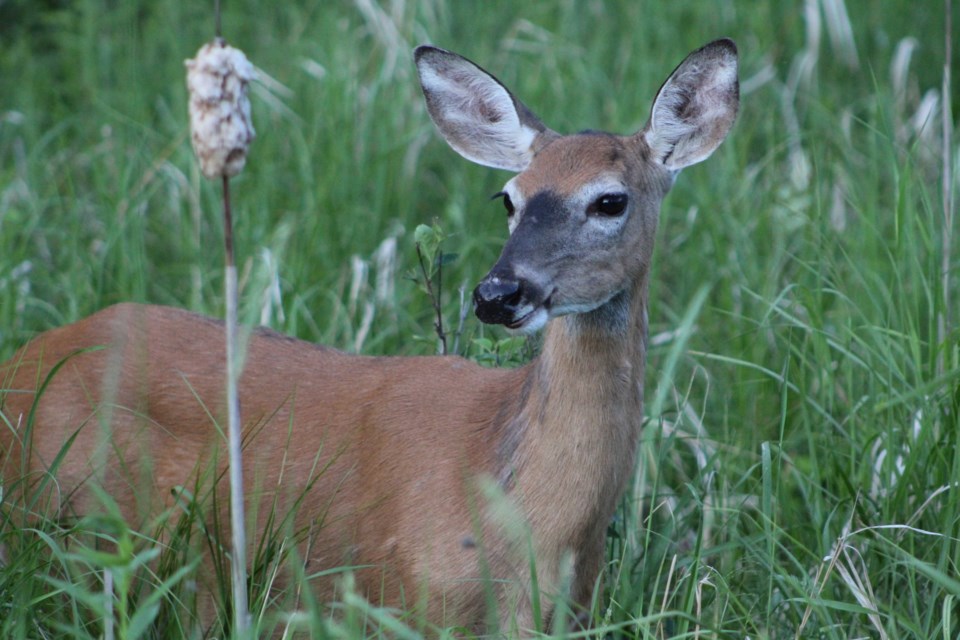The Ontario government is seeking public input on a proposal to increase protections for the province's wildlife populations from Chronic Wasting Disease (CWD).
CWD is a progressive, fatal disease that affects members of the cervid family - deer, elk, moose, and caribou. It causes a spongy degeneration of the brains of infected animals resulting in emaciation, abnormal behavior, loss of bodily functions and death
While it has not been detected in Ontario, it is important for hunters, wildlife management, and the general public to remain vigilant according to a news release. CWD was discovered in 2018 on a deer farm in Quebec, close to the Ontario border. It has also been found in all five U.S. states bordering Ontario.
"We're committed to doing everything we can to keep Chronic Wasting Disease out of Ontario and preserve Ontario's deer, elk, and moose populations for generations to come," said John Yakabuski, Minister of Natural Resources and Forestry. "I would like to hear from members of the public on our proposed measures to ensure they will work effectively in every part of the province."
The government is proposing amendments to regulations under the Fish and Wildlife Conservation Act that would:
- Prohibit people from importing into Ontario live, captive cervids from outside of the province, with some exceptions.
- Prohibit people from moving live cervids from one part of Ontario to another, with some exceptions.
- Expand the existing prohibition on the use or possession of lures, scents, and attractants made from cervid parts to include any purpose beyond hunting.
- Expand the existing prohibition on the import of high-risk parts of cervids hunted in other jurisdictions.
In December 2019, Ontario announced a CWD Prevention and Response Plan that will ensure the province has the right approaches in place to minimize the risk of the disease entering or spreading within the province. The new proposed measures are the next step to protect Ontario's wildlife and support sustainable hunting.
The proposed changes are now available on the Environmental Registry of Ontario for public feedback until August 31..
Since 2002, the government has tested more than 13,000 wild deer and elk for CWD; all test results have been negative.



